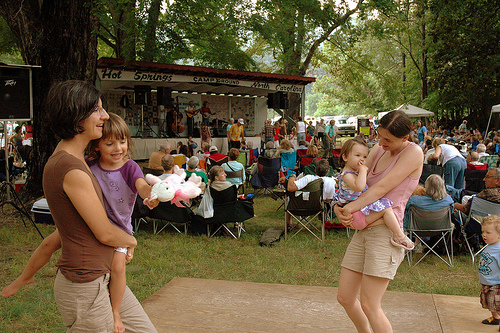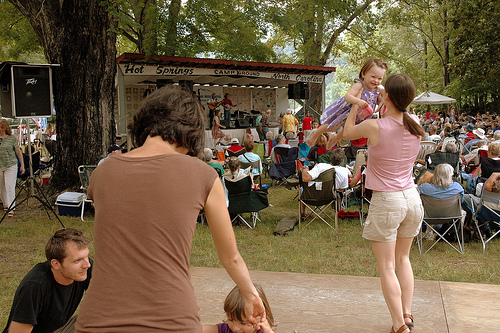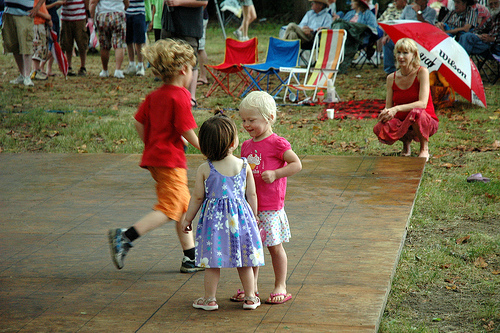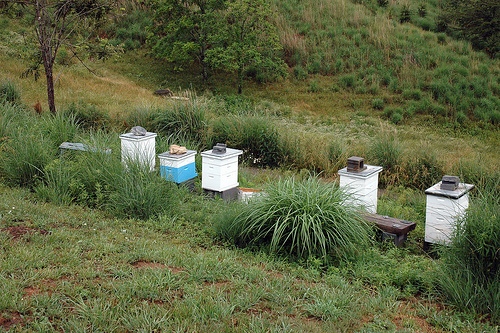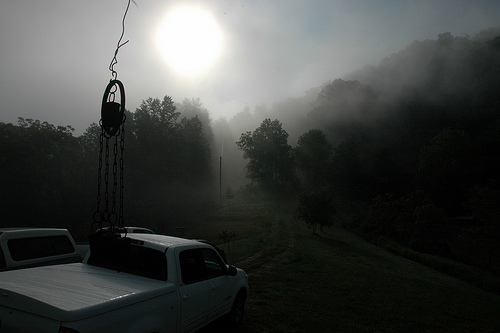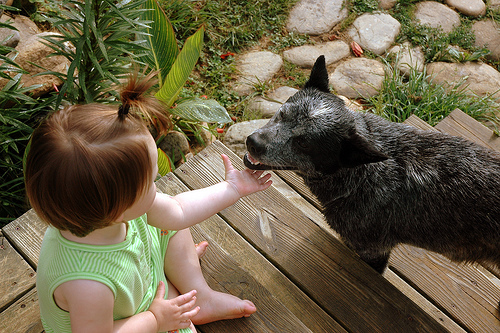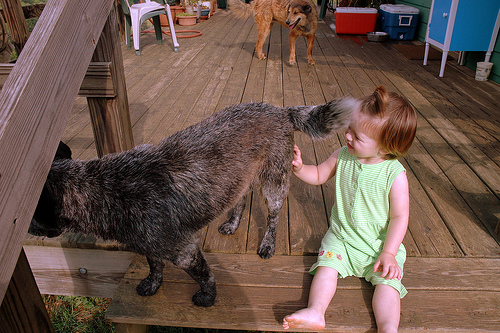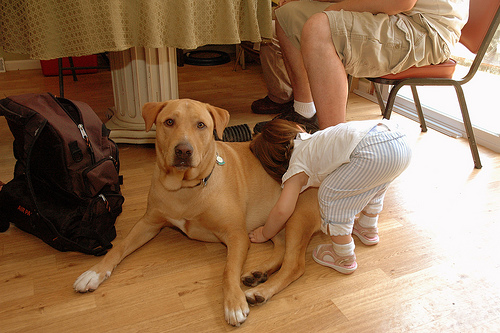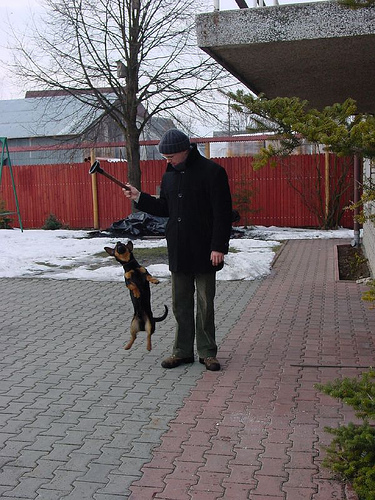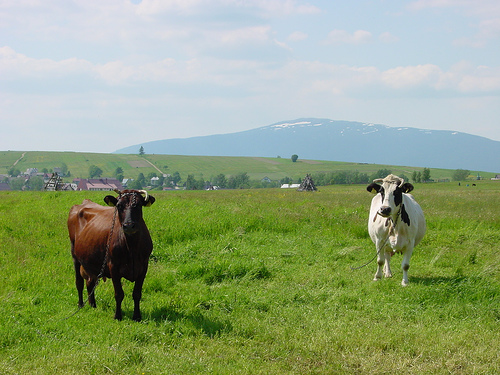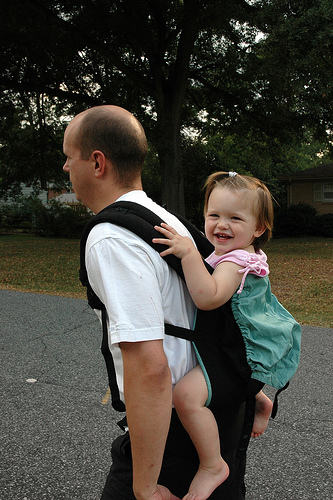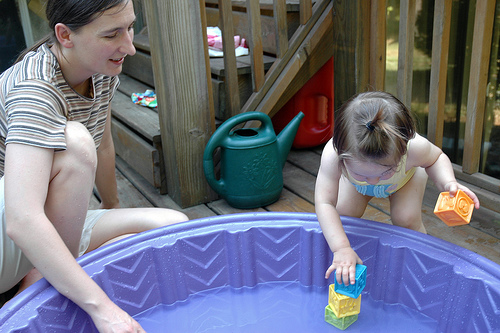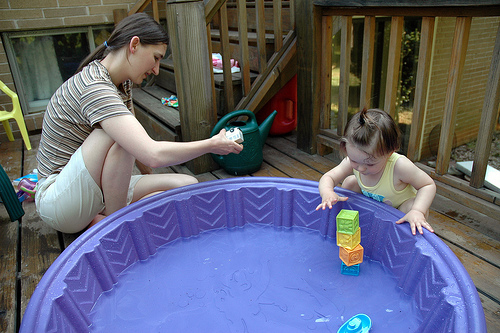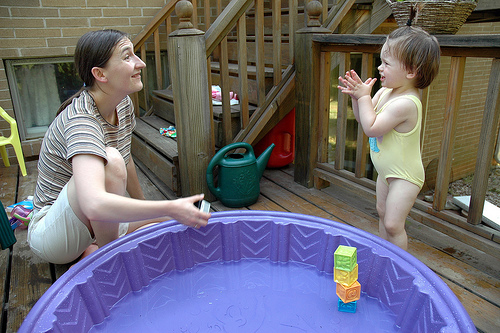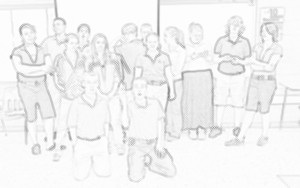“What are you looking forward to?” I asked K.
“Riding in a bus,” she said with a smile.
While we lived in Polska, we often dreaded a bus ride. Bumpy, crowded, cold or hot depending on the season, a bus ride could be torture. And it could be real torture.
One winter evening, coming back from Krakow on the now-obsolete 6:35 public bus to Lipnica Wielka, I was sure my toes had completely frozen; I was fully expecting to have frost bite. I pulled my boots off and sat Indian style — or “criss-cross apple sauce” as it’s called now — in the hopes of warming my feet under my folded knees.
One summer afternoon, on a bus to Kielce, I was sure I would melt. No one directly in front of me saw fit to open a window, and I was suffocating in body odor and heat.
But when you haven’t had one in three years, nostalgia sets in.

Bus ticket prices are a sure indicator of inflation. When I first moved to Lipnica, the ticket to Nowy Targ, about 35 km away, cost less than four zloty. Three twenty, I believe. When we left in 2005, a ticket cost an even five zloty. Three years later I’m sure it’s up to six.
We’ll find out in thirteen days.

